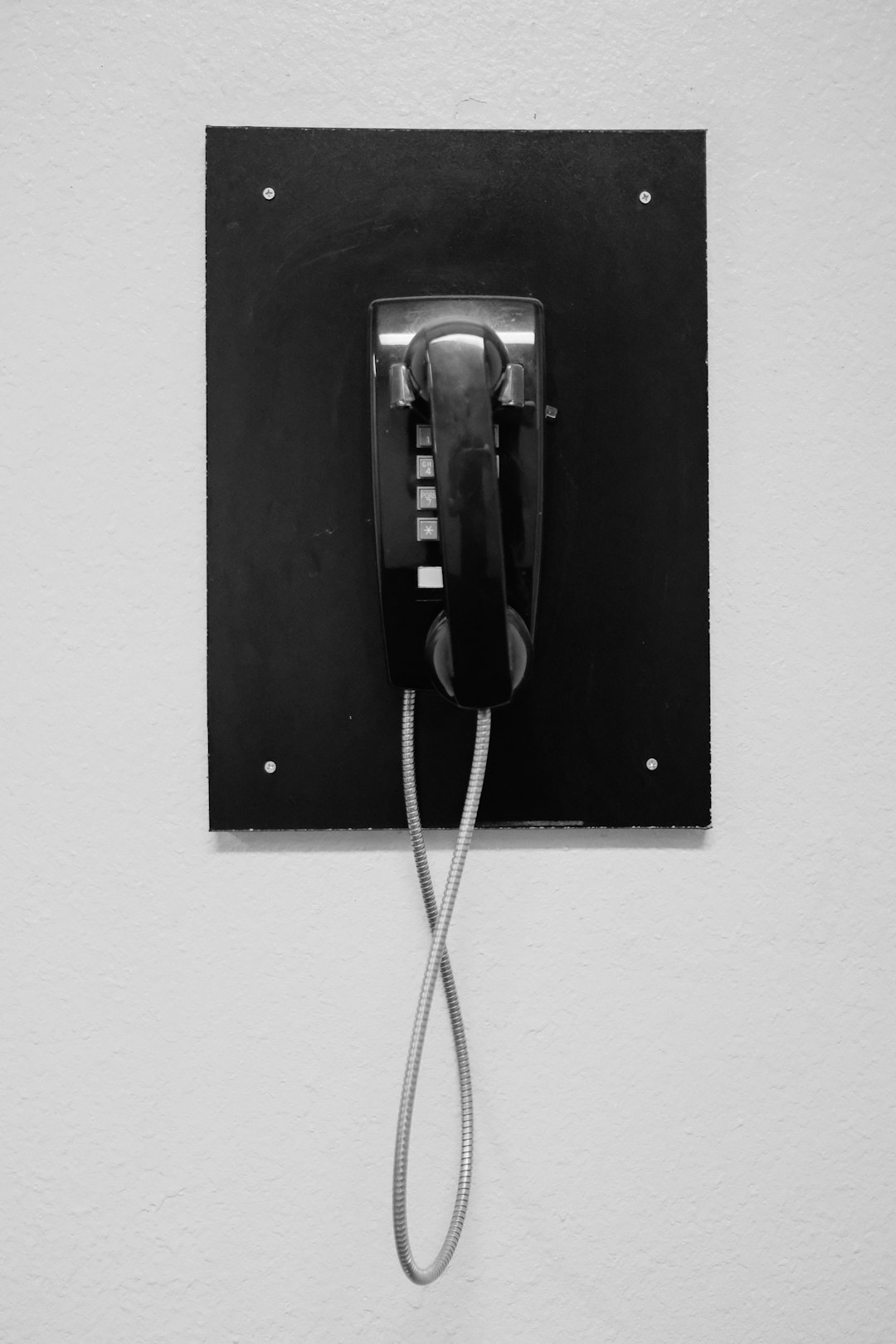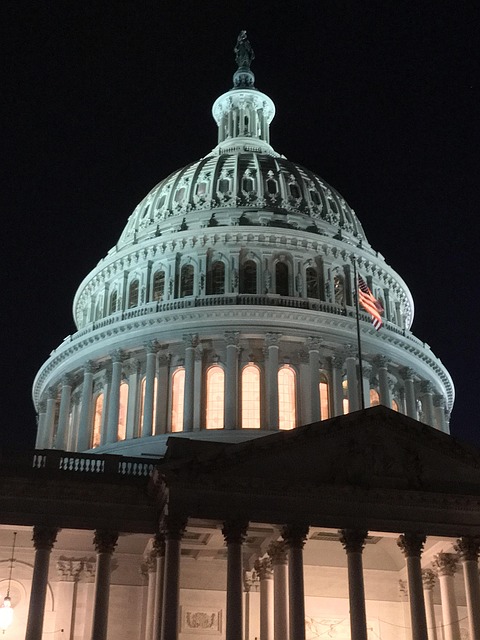The Telephone Consumer Protection Act (TCPA), enforced by the Federal Communications Commission (FCC) nationwide, including North Dakota, protects residents from intrusive telemarketing practices. FCC rulings in the TCPA District of Columbia have significantly shaped litigation, clarifying regulations on automated calls, prerecorded messages, and consent management. A 2015 update and a $120 million fine in 2018 demonstrate the FCC's commitment to curbing unwanted communications and promoting consumer privacy under TCPA guidelines, with notable impacts on TCPA District of Columbia cases.
In the dynamic legal landscape of the District of Columbia, the Telephone Consumer Protection Act (TCPA) continues to shape consumer privacy rights. This article delves into the intricate relationship between FCC rulings and TCPA cases in North Dakota, exploring how federal regulations impact local litigation. We analyze the Federal Communications Commission’s (FCC) role and jurisdiction over TCPA claims, dissect significant rulings, and navigate recent guidance that dictates TCPA litigation strategies. Understanding these dynamics is crucial for navigating the complexities of consumer protection laws in this region.
Understanding the TCPA and Its Impact in North Dakota

The Telephone Consumer Protection Act (TCPA) is a federal law enacted by the U.S. Congress in 1973 to protect consumers from intrusive telemarketing practices. This legislation has had a significant impact on businesses and individuals alike, particularly in states like North Dakota, where it’s crucial for residents to understand their rights. The TCPA restricts the use of automated dialing systems, prerecorded messages, and certain types of text messages, ensuring that consumers’ privacy is respected during commercial communications.
In North Dakota, a state known for its vast landscapes and thriving communities, the TCPA has played a vital role in shaping how businesses engage in telemarketing activities. The District of Columbia’s Federal Communications Commission (FCC) rulings have further clarified and enforced these regulations, providing guidance to both businesses seeking to comply and consumers asserting their rights. These rulings ensure that North Dakota residents are not subjected to unwanted calls or messages, fostering a fairer and more transparent communication environment in the state.
The Federal Communications Commission (FCC): Role and Jurisdiction

The Federal Communications Commission (FCC) is a key player in regulating telecommunication and media industries across the United States, including North Dakota. Established under the Communications Act of 1934, the FCC has far-reaching jurisdiction over various aspects of the telecommunications landscape, with a primary focus on ensuring fair and accessible communication services for all Americans. One of its critical roles is enforcing the Telephone Consumer Protection Act (TCPA), which restricts abusive telephone practices, such as unsolicited telemarketing calls and text messages.
Headquartered in the District of Columbia, the FCC oversees compliance with TCPA regulations, issuing guidelines and rulings to clarify expectations for businesses engaging in telecommunication activities. Its decisions significantly impact cases related to the TCPA, shaping how courts interpret and apply these laws in North Dakota and across the nation. By ensuring that communication practices are consumer-friendly and transparent, the FCC contributes to a more regulated and protective environment for residents navigating their rights under this legislation.
Significant FCC Rulings and Their Effect on TCPA Cases

Over the years, several FCC rulings have significantly shaped the landscape of TCPA (Telecommunications Consumer Protection Act) cases in North Dakota and across the District of Columbia. These decisions have clarified and sometimes expanded the interpretation of the law, impacting how telemarketing practices are regulated. One notable ruling was the 2015 update to the TCPA guidelines, which strengthened consumer protections by tightening restrictions on automated calls without prior express consent. This move has been instrumental in curtailing unwanted robocalls, a prevalent issue in TCPA litigation.
Another significant development was the FCC’s 2018 decision to fine robocallers $120 million, demonstrating the agency’s commitment to enforcing TCPA regulations. This action set a precedent for stricter penalties and sent a clear message to businesses engaging in deceptive telemarketing practices. As a result, companies have been more cautious, leading to fewer instances of consumer complaints and potentially reducing the volume of TCPA cases in North Dakota courts.
Navigating TCPA Litigation with Recent FCC Guidance

In recent years, navigating TCPA (Telemarketing Consumer Protection Act) litigation in North Dakota has been significantly influenced by the Federal Communications Commission’s (FCC) guidance and rulings. The FCC, as the regulatory body overseeing telecommunications laws, plays a crucial role in interpreting and enforcing the TCPA, ensuring consumers are protected from unwanted telemarketing practices. With the ever-evolving digital communication landscape, the FCC’s recent actions have been instrumental in providing clarity to courts and businesses alike when dealing with TCPA cases.
The FCC’s guidance has addressed various aspects of TCPA litigation, including automated calls, prerecorded messages, and consent management. These rulings offer a comprehensive framework for understanding what constitutes compliant telemarketing under the law. For instance, the FCC has clarified that businesses must obtain explicit written consent from consumers before making automated phone calls, ensuring compliance with the Act’s strict regulations. This recent guidance is particularly relevant in the District of Columbia, where TCPA cases have been on the rise, and it provides a much-needed clarity for both plaintiffs and defendants in navigating these legal complexities.






